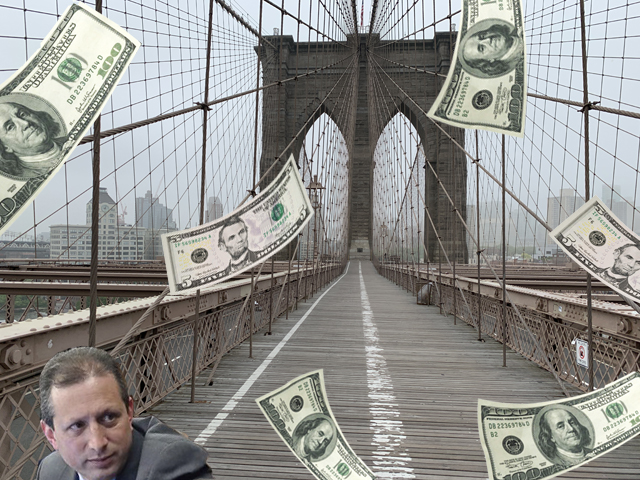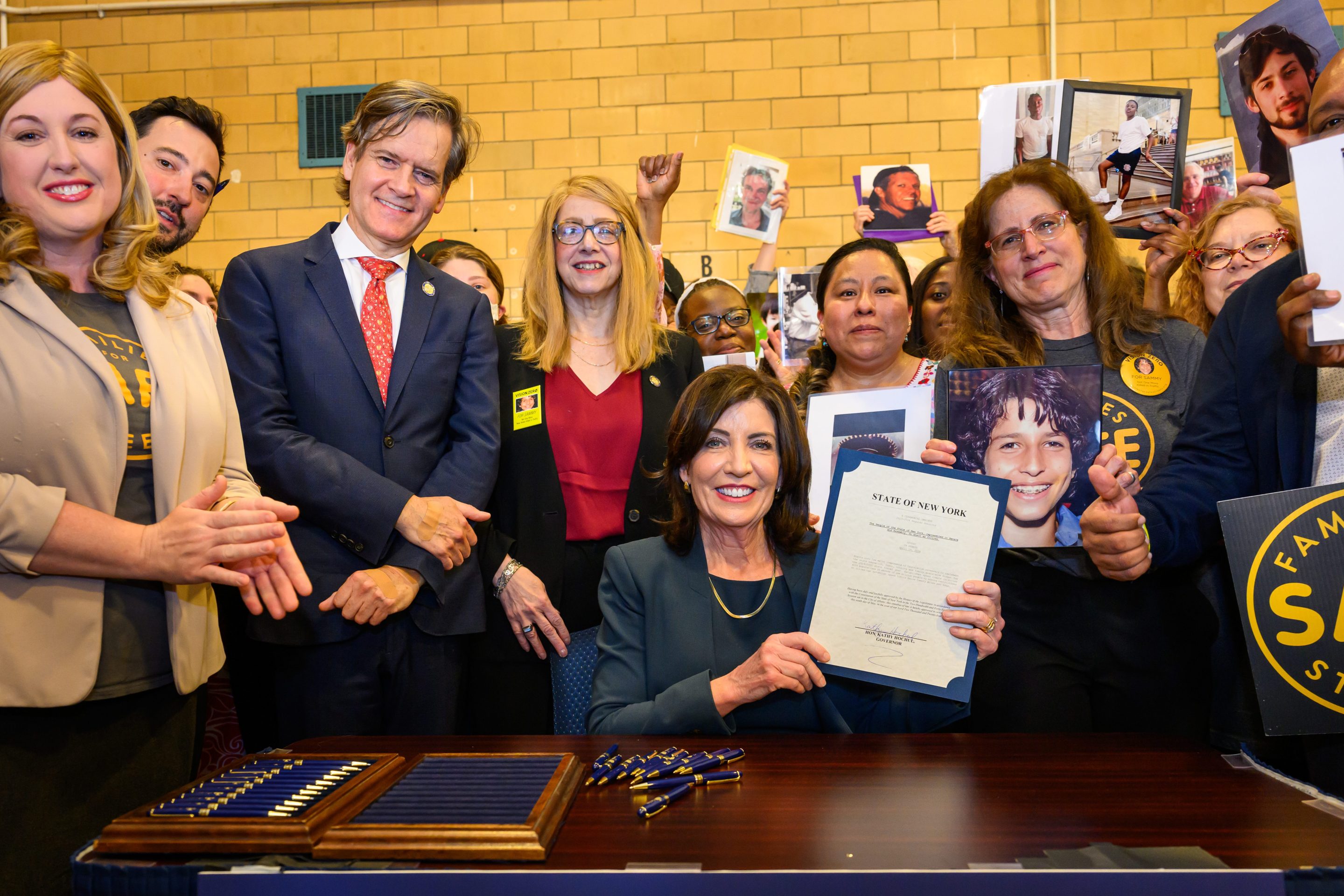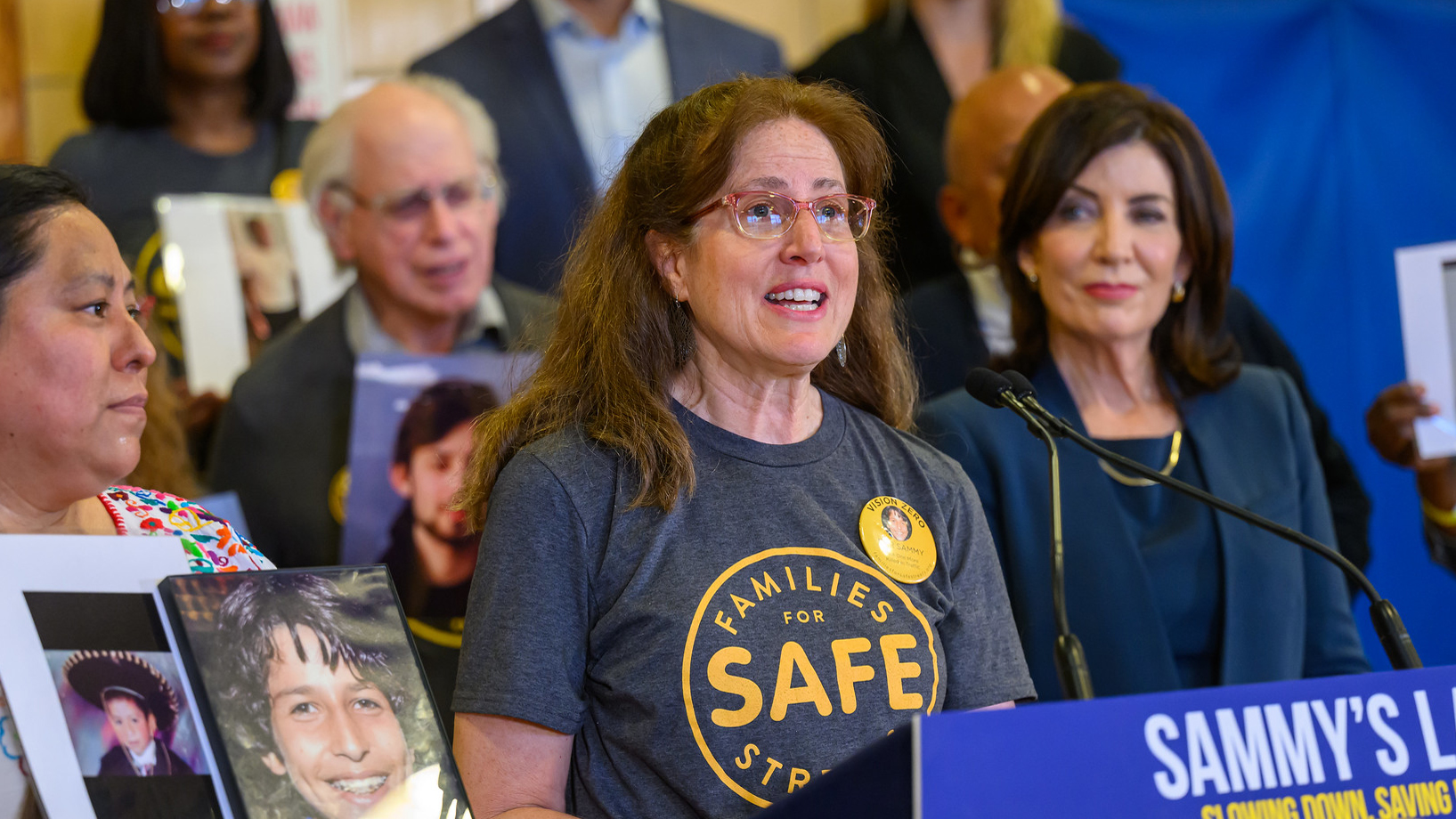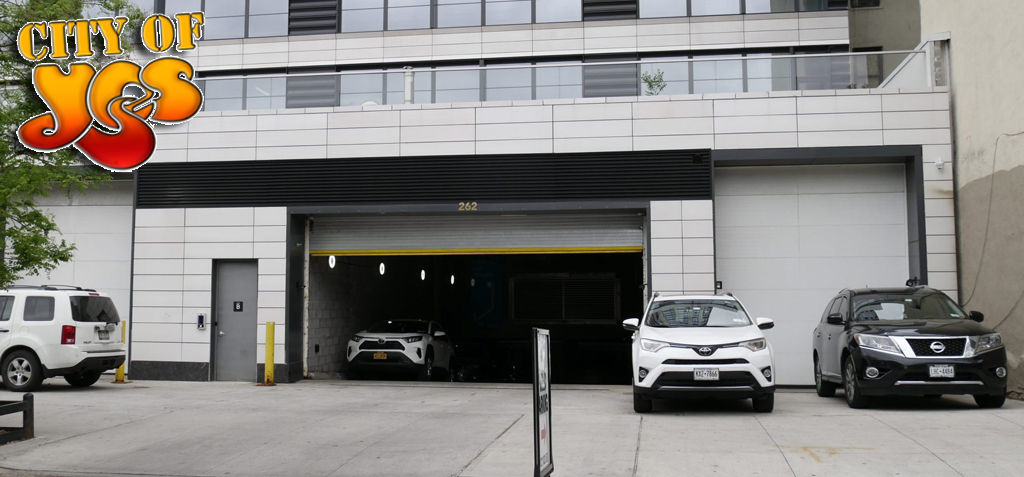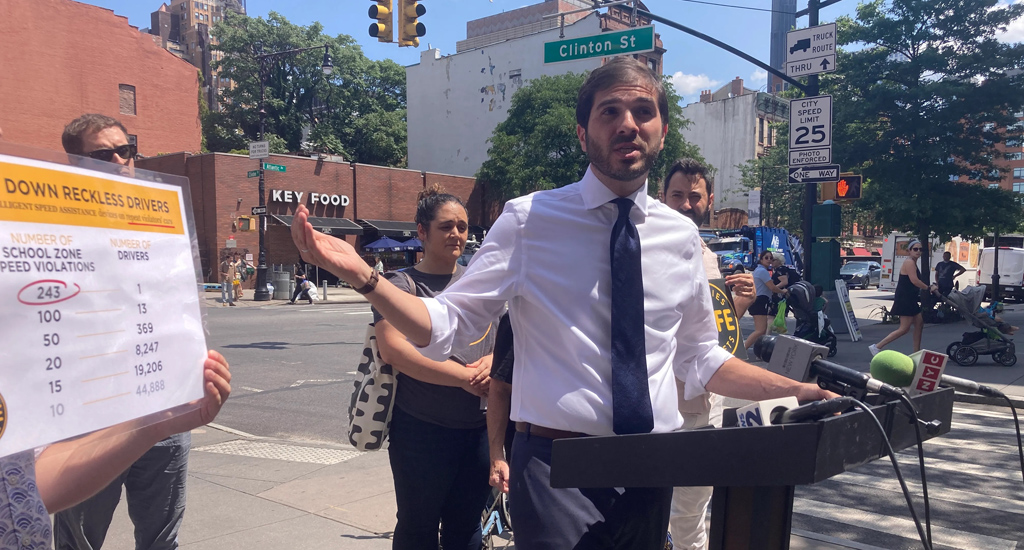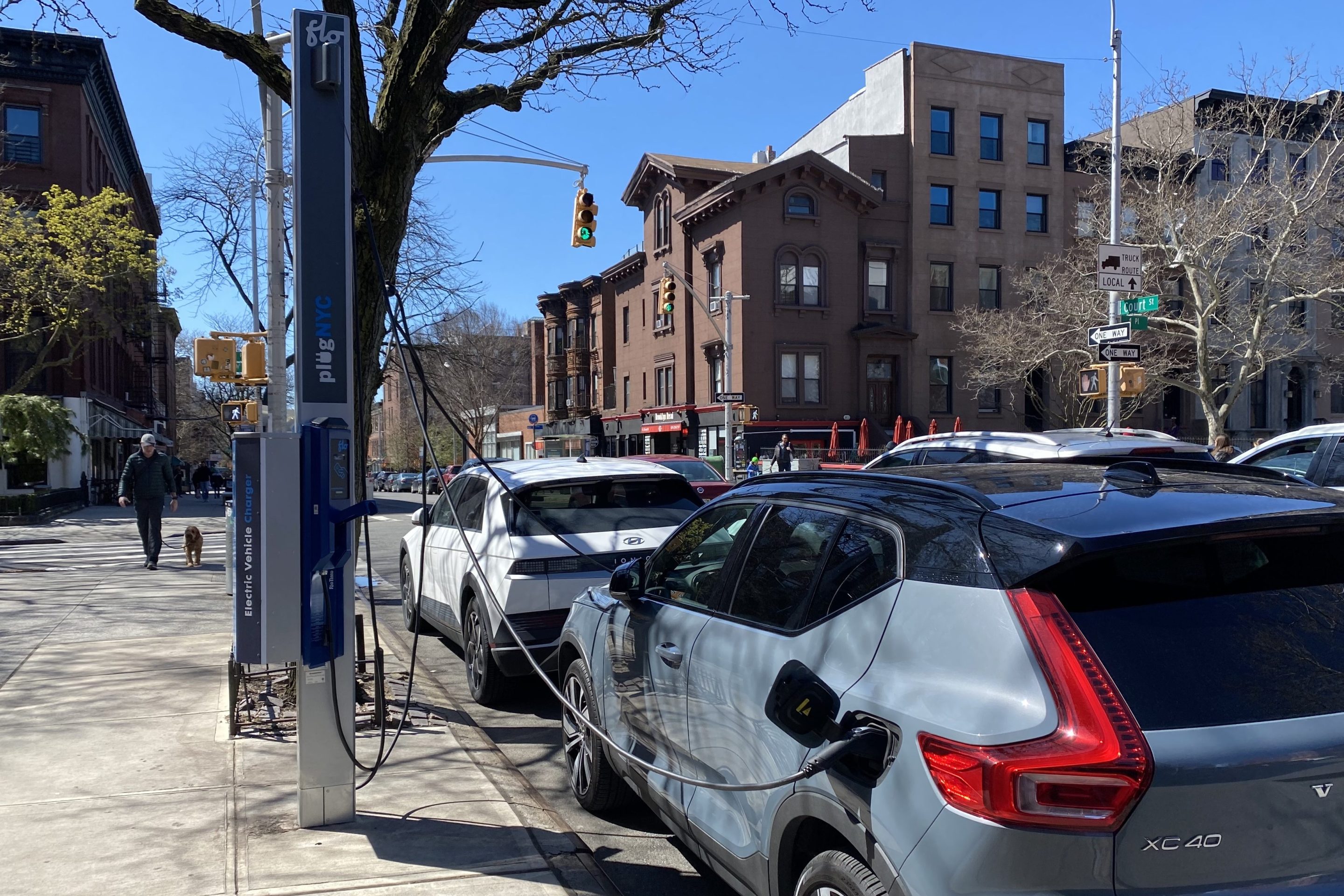The city Department of Transportation spent 55 percent more than it thought it would on its most-recent Brooklyn Bridge repairs after the project's lone bidder jacked up the price and then experienced "delays" that added even more to the project, a new audit of the troubled, decades-stalled repair shows.
According to the audit by Comptroller Brad Lander, which was quietly released on the eve of the July 4 holiday weekend, a four-year project that was originally envisioned in 2008 at $425 million, ended up as a seven-year $657 million contract with Skanska, the sole bidder.
That's 55 percent more than the original cost estimate — and not something that Lander's bean counters were likely to miss.
"Certain weaknesses were found in the DOT's internal controls that resulted in inefficient use of funds and reflected a lack of transparency and accountability in some of the agency's public procurement and contracted ministration," the audit stated.
Interestingly, Lander's audit makes it clear that DOT wasn't on the hook for the cost overruns, but merely for not going back and revising its original estimates so they would not appear to be so far off the bidder's numbers.
"DOT did not [revise] the engineer's estimate as necessitated by New York State DOT code, which stipulates various procedures and specific analyses for cases when only a single bid is received and or for contract estimates that exceed $5 million," the audit stated. "DOT generally attributed its decision not to have [its outside consultant] URS revise the engineers' estimate to an urgent need to award the contract, based on the conditions of the bridge at the time."
Why were the conditions on the bridge so awful? Therein lies a great story.
As detailed in the audit, the original project design was drawn up in 1978 by the state, but never undertaken.
In 1992, which is 14 years later, the city took over the project, but did nothing for another 14 years.
Then, in 2006 — now 28 years after the original state project prep — an inspection of the bridge found significant deterioration. Two years later, in 2008, a final design was approved by the feds.
At the time, the DOT's outside consultant said it should cost $378 million, but by 2009, that figure had risen to $425 million due to "an expanded scope of work," according to the DOT.
In June 2009, only one bidder — Skanska — responded with a bid of $508 million for the four-year contract. That's already 19 percent higher than the DOT estimate.
But the contract was inked, with a build period of January 2010 to April 2014, which was extended to January 2017 due to "additional work and delays." That extension brought the contract up to $657.4 million or now 55 percent more than the original DOT estimate.
The DOT's consultant did perform a review of Skanska's bid, but that review was, according to the audit, "ambiguous, inaccurate, or insufficient." The audit said that 146 individual items in the Skanska bid were at least 26 percent higher than the estimate, with two outlier items ending up at more than 3,578 times higher than the original estimate. That "should have raised red flags," Lander's audit said.
Those overpriced items totaled to $174 million more than — or almost exactly double — the original $87-million estimate for those items. (DOT said in its response to the audit that it "continues to adhere to state DOT and Federal Highway Administration guidelines ... with respect to review and acceptance of bid analysis.")
A less significant part of the audit concerned about $4 million in change orders for "acceleration" of the project. Lander was dubious: "Based on a review of documentation provided for these two change orders, the auditors could not distinguish the cost attributable to schedule acceleration and the amount attributable to the original contract work which should not have been approved as acceleration costs."
Again, DOT blamed the "urgency" of the work. It accepted all of Lander's recommendations to tighten up its processes in this area.
"The DOT generally agrees with ... the conclusions, findings and recommendations," the agency said in letter to Lander.
Beyond analyzing the cost overruns and delays, the audit is especially interesting because it covers a period when repairs to the Brooklyn Bridge became a significant part of local media coverage —including what DOT was publicly telling reporters during the period. In late 2017, when the contract with Skanska was supposedly done, then-Commissioner Polly Trottenberg said the city could not even consider creating a dedicated bike lane on the bridge to relieve congestion on the shared pedestrian and bike path until a "cable inspection" was completed.
In January 2020, more than two years later, Trottenberg was asked for an update on that cable inspection, and responded by saying, “I will admit we have had some ups and downs. ... We have been in the process of trying to procure engineering services to do that cable inspection and I’m just going to confess it has proven to be a little bit more complicated to get that done for a whole host of convoluted, only-in-New-York-City reasons." She never explained what those complications were or if they were related to the above contract or whether it was connected to the other $300 million (some of it federal money) that the city spent on the bridge between 1980 and 2017.
Read the audit for yourself here:
